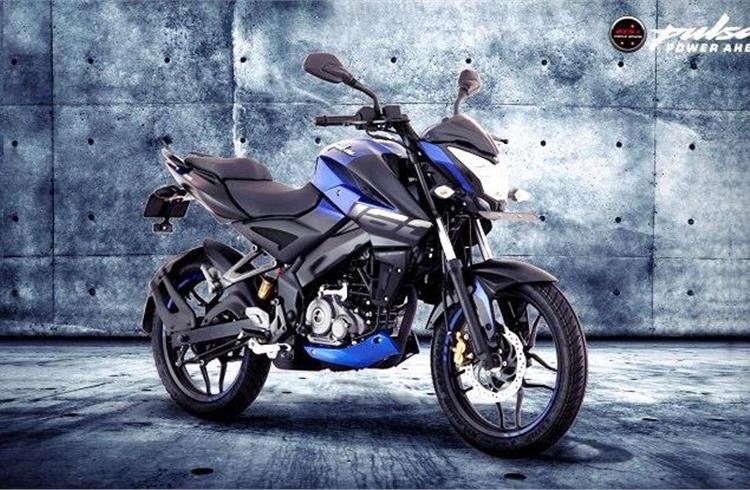Bajaj Auto launches Pulsar NS160 at Rs 82,400
The new Pulsar NS160 takes on the Suzuki Gixxer, Yamaha FZ and the Honda Hornet.
With not so much as even a peep, Bajaj Auto introduces the brand new Pulsar NS160 in India. There had been hints at the NS160’s imminent launch in India, such as the bike being spied testing on the Mumbai-Pune highway and being launched in Turkey recently. But the penny finally dropped when the bike was spotted in various showrooms across the country.
Officially, Bajaj Auto hasn’t made any announcement regarding the new Pulsar’s launch. But upon speaking to various showrooms across the country, it’s been confirmed that the NS160 is on sale, at least in Pune and Mumbai. At this point though, dealers in New Delhi said that they haven't received the new bike yet. They, however, confirmed that bookings would begin in July.
The Pulsar NS160 is an interesting little bike. Its motor seems to be derived from the Pulsar 150 but there are quite a few key differences. At 160.3cc, the cubic capacity has gone up, although Bajaj doesn’t specify the bore and stroke dimensions for this motor. The other huge difference is that it now gets oil cooling, much like we’ve seen on the old Pulsar 200 and Pulsar 220F. Power and torque output are 15.5hp at 8,500rpm and 14.6Nm at 6,500rpm, respectively. Interestingly, while these figures are more than those of the standard Pulsar 150, the power is actually 1.5hp less than that of the air-cooled Pulsar AS150 (but 1.6Nm more torque). Bajaj's international website doesn’t seem to mention the gearbox specifications, but we suspect that it gets a 5-speed unit much like the AS150.
The NS160 is based around a steel perimeter frame much like its larger sibling, the NS200. However, its box-section swingarm seems to be skinnier than the one on the NS200. There are conventional telescopic forks up front and a gas-charged monoshock at the back. Both wheels are sized at 17 inches and are shod with an 80/100 front tyre and an 110/80 rear tyre. It gets a 240mm disc brake with a petal rotor at the front while the rear wheel sports a 130mm drum. There’s no information on whether Bajaj will launch a twin-disc variant of the bike.
Styling-wise, the NS160 is very much like the NS200, with its aggressive street-fighter looks. In fact, much of the bodywork is carried over, which includes the headlight, the instrument cluster, fuel tank (which holds 12 litres), split seats, tail section and tail light. Dimensionally, it’s nearly the same as the NS200 and even has an identical 1,363mm wheelbase. But with a kerb weight of just 142kg, it is about 10kg lighter than the 200.
Various dealers have revealed that the Pulsar NS160 has been priced at Rs 82,400 (ex-showroom, Pune). However, the same dealers have confirmed that this is pre-GST pricing and it might go up a little after July 1. This also puts the NS160 in an interesting position within the Pulsar family. While it makes less power than the Pulsar 180, it is about Rs 4,500 more expensive. But Bajaj Auto has confirmed that this will be playing in the premium 150cc segment space and will be squarely pitted against the likes of the Suzuki Gixxer, the Honda CB160 Hornet and Yamaha FZ-FI v2.0.
RELATED ARTICLES
Bosch hydrogen engine tech-powered truck to be on Indian roads this year
The global supplier of technology and services is betting big on both electromobility and hydrogen. While announcing the...
IIT Bombay inaugurates Arun Firodia Research Floor
IIT Bombay, one of India’s top technical and research institutions, honours Kinetic Group chairman Dr Arun Firodia, one ...
Maruti Suzuki expands capacity at Manesar plant by additional 100,000 units
New assembly line at Plant A expands total manufacturing capacity at the Manesar plants to 900,000 units per annum. Alon...





 28 Jun 2017
28 Jun 2017
 7000 Views
7000 Views





 Autocar Pro News Desk
Autocar Pro News Desk




